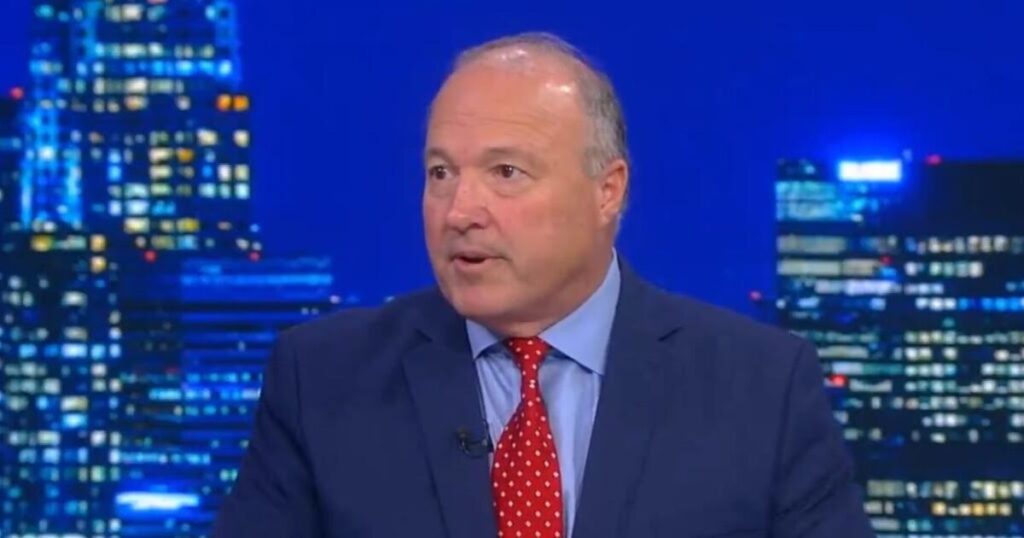Scott Baugh, a prominent Republican candidate for California’s 47th Congressional District, has garnered significant attention following the endorsement from former President Donald Trump. On his Truth Social platform, Trump characterized Baugh as a staunch supporter of America First policies, emphasizing Baugh’s commitment to tackling key issues such as inflation, economic growth, border security, military support, energy independence, and Second Amendment rights. With a history of leadership as the former Assembly Republican leader, Baugh has positioned himself as a dedicated advocate for the needs and interests of the people in his district, promising to prioritize their concerns in Congress.
Baugh’s campaign is notable for its grassroots origins, relying heavily on support from local residents rather than external political machinery. He has made it clear that his campaign represents the voices of ordinary individuals from various backgrounds in Orange County who share a common frustration over the current state of affairs. He seeks to connect with voters frustrated by economic challenges and governmental policies that they believe do not serve their best interests. This local engagement reflects a broader strategy aimed at fostering community involvement and representation in politics, contrasting sharply with the perceived establishment figures in the election.
In opposition to Baugh, Democrat David Min, a former California state senator, has drawn criticisms for his political stances deemed extreme by his opponents. One significant point of contention is Min’s opposition to voter identification laws, which he demonstrated by introducing Senate Bill 1174. This legislation aimed to prevent local governments from enacting their own voter ID requirements, reinforcing state jurisdiction over such matters. Min’s decision to take this stance has alarmed some constituents who view voter ID as a crucial component of election integrity. His actions have contributed to the perception of him being out of touch with the concerns of local voters.
Min’s controversial political record extends beyond legislative measures, as he has faced personal legal troubles that further complicate his political narrative. He was arrested for drunk driving in Sacramento last year, with a blood alcohol content that was reportedly twice the legal limit. The arrest, captured on video by the California Highway Patrol, was a significant blot on Min’s public image and raised questions about his judgment. As the campaign heats up, these incidents have become focal points for Baugh’s supporters, who argue that they reflect Min’s unfitness for office and ability to represent the constituents of District 47.
The local media landscape has also weighed in on the race, with the Orange County Register notably refusing to endorse Min and instead voicing support for Baugh. The endorsement from a major regional outlet underscores Baugh’s growing influence and alignment with conservative values in the district. It also serves to consolidate the Republican base around Baugh as the election approaches, presenting him as a viable traditional conservative alternative to Min’s progressive policies. This media backing is expected to play a significant role in shaping voter opinions as Baugh’s campaign continues to gain momentum.
As the election draws nearer, the rivalry between Baugh and Min exemplifies the broader national discourse on issues such as governance, election integrity, and public accountability. With Trump’s endorsement bolstering his campaign, Baugh aims to position himself as a reliable steward of conservative principles while countering Min’s progressive agenda. The contrasting visions offered by each candidate reflect the deep divisions within the political landscape, making the upcoming election not just a local contest but a microcosm of the greater ideological battles being fought across the United States today.

